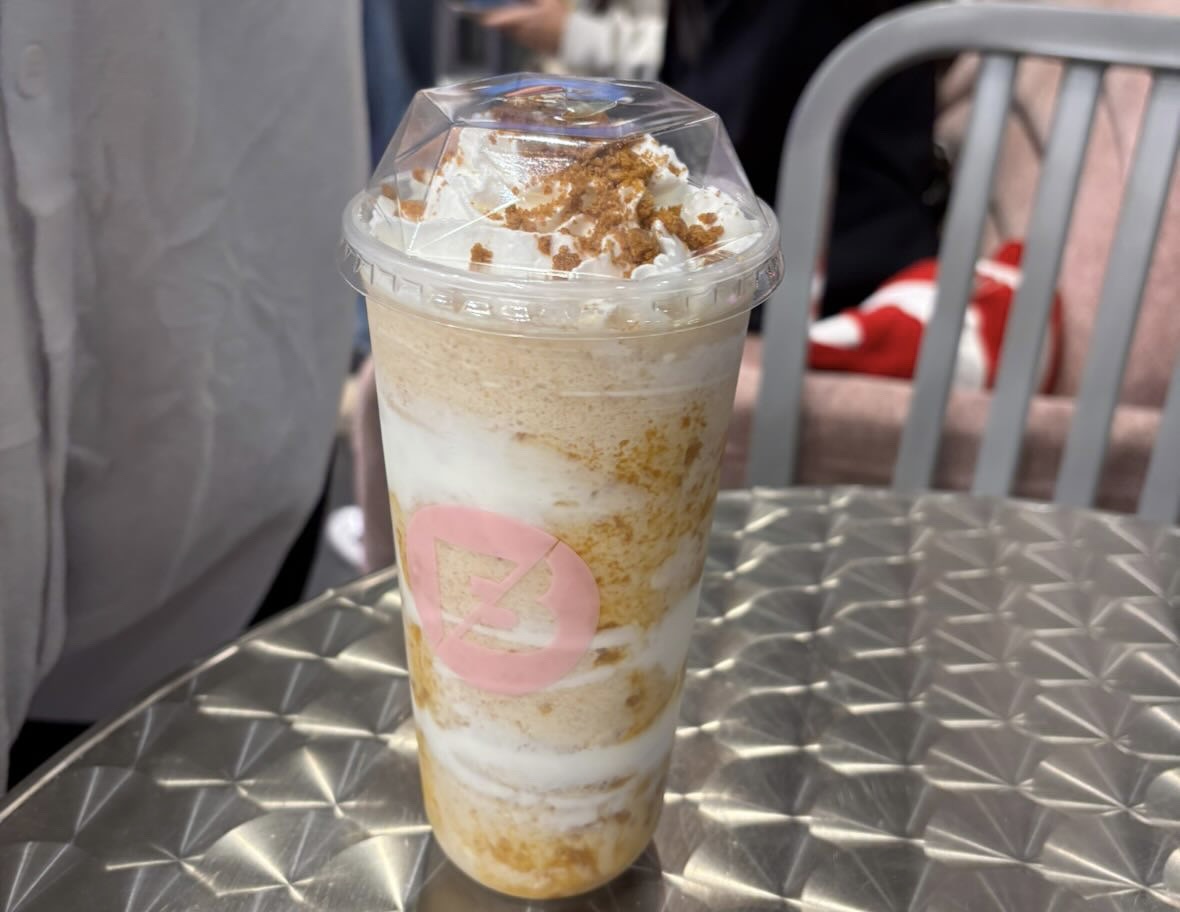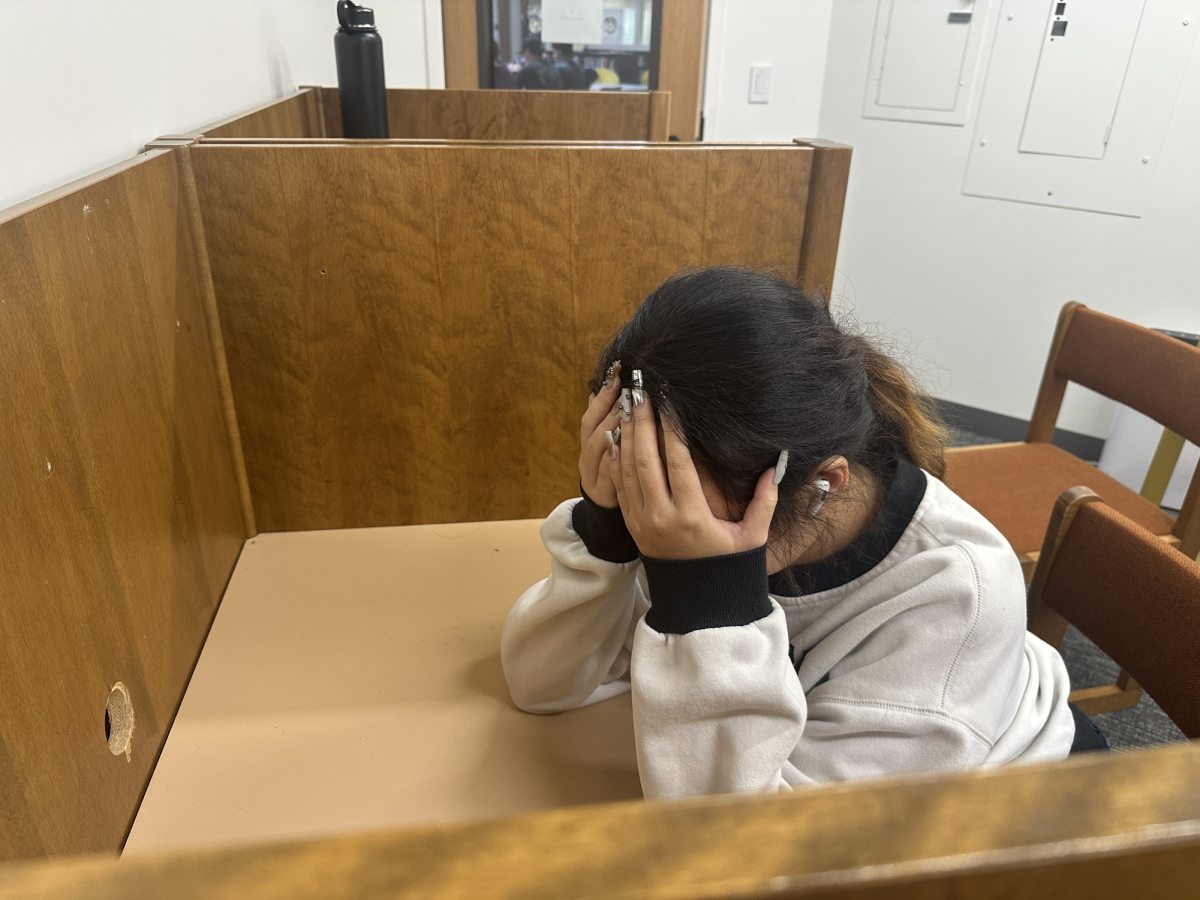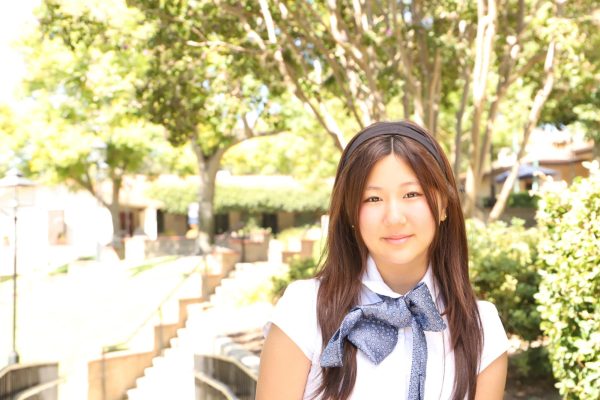Diving into sugary, chewy circular balls made from tapioca starch and brown sugar, boba has a unique flavor. This sugary goodness matches the rich flavor of the aromatic taste of tea. This drink’s Taiwanese roots will bring you to the savory brown sugar fragrance of the streets in Taipei. Many Webb students would describe this taste as home. In South Hutch, you can always see the residents sipping away from these plastic cups. In relation, Nobibi, a boba spot in Claremont Village, is a favorite among Webb students.
With the prominence of social media platforms, boba has gained popularity due to its highly recognizable appearance. It is a unique Asian twist with the flavors that brought the spotlight to this drink.
On October 10th, 2024, two entrepreneurs pitched their brand “Bobba” on the variety show Dragon’s Den, where entrepreneurs get three minutes to pitch their products to five multi-millionaires who decide whether they want to invest in the products. The owners of Bobba, Sebastien Fiset and Jess Frenette, marketed their products as a “healthier option” than their Taiwanese originators. Their brand “Bobba” offers products like bottled popping Boba and alcoholic bubble tea. Simu Liu, one of the investors, called out the pair on the authenticity of their products.
“What respect was paid to this very Asian drink?” said Simu Liu, aiming to express his concern of the lack of credit given to the Asian community.
Personally, boba has always been something that is important in my life. Growing up in Hong Kong and Shenzhen, boba was always my go-to beverage. From the street vendors cooking the tapioca pearls with brown sugar in a large pot, I could smell the aroma from miles away. Hailing from Taiwan, the drink has been deeply engraved in our culture.
“The biggest issue [with a brand like Bobba] is that someone that’s not from Asian culture is taking boba, which is emblematic of Asian culture, and they are rebranding it,” said Hanbo Xu (‘25), a member of the Asian affinity who actively participated in a meeting discussing the controversy. “Tey were saying that this is better, which is a form of cultural appropriation.”
The controversy regarding the company Bobba and its founders’ centers around the blatant exclusion of original ingredients crucial to boba’authenticty. Their statement on their recreation of the “healthier option” shows their problematic product. They took boba and removed all Asian aspects of it like the tea and the tapioca pearls and claimed it with more westernized ingredients like juices and popping boba. This creation and form of marketing is the epitome of cultural appropriation.
“I think if this company decided to make a whole lot of money by using the word ‘boba’ without giving recognition or explanation…that’s a huge problem,” said John Choi, the Director of Culture and Community.
There are so many different versions of boba being created and that also includes the people who market and remaking boba, stripping away from its Taiwanese roots, either by removing its authentic ingredients or claiming their version is enhanced.







![Many Webb students spend their free time in the library watching a popular TV show like Riverdale and Euphoria. “Based off what I’ve seen, like in Euphoria, because the actors are older, they don't showcase an actual high school life properly,” Sochika Ndibe (‘26) said. “Since [the actors] are older [and] playing a teenager, from a girl’s perspective, it is going to make you think you should look more developed at a young age.” The actor, who plays Veronica Lodge, was 22 years old at the time of filming.](https://webbcanyonchronicle.com/wp-content/uploads/2025/03/Antecol-Media-affects-how-society-functions-graphic-1200x900.png)







